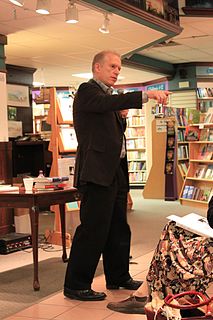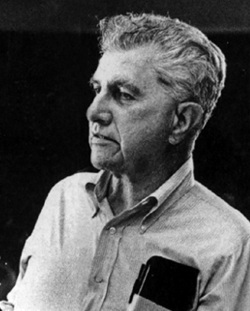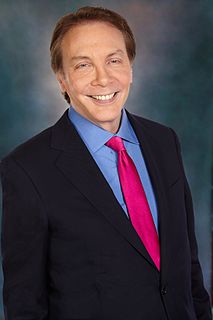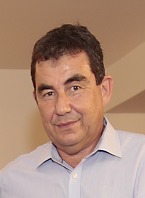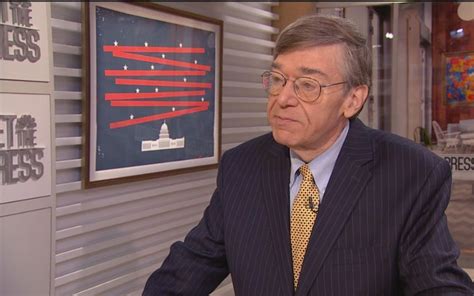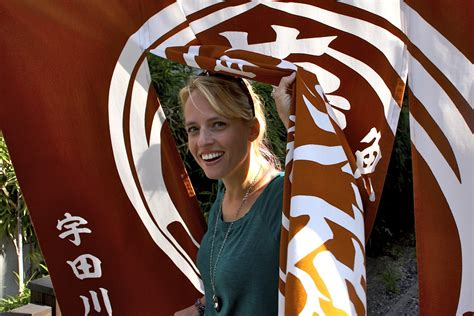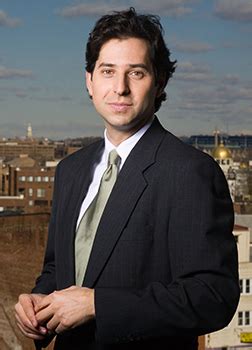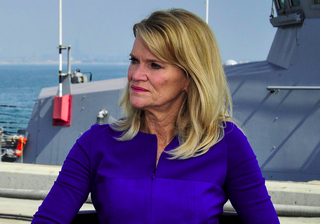A Quote by Hedrick Smith
Journalists cover words and delude themselves into thinking they have committed journalism.
Quote Topics
Related Quotes
The dictionary is like a time capsule of all of human thinking ever since words began to be written down. And exploring where words have come from can increase your understanding of the words themselves and expand your understanding of how to use the words, and all of this change happens in your thinking when you read the words.
The Lord's Prayer is 66 words, the Gettysburg Address is 286 words, there are 1.322 words in the Declaration of Independence, but government regulations on the sale of cabbage total 26.911 words. The difference between literature and journalism is that journalism is unreadable and literature is not read.
The first victim in journalism today is proximity. I know I've used that word a lot. Because of foreign budgets, newspapers have consolidated, and journalists now cover dozens of countries at a time. It is physically not possible for one person to understand and live the unique sets of experiences in all these places in honest and meaningful ways. Outlets used to send journalists to places like Congo for months at a time, and they were stationed there for months or years. There was a sense of immersive reporting, and that has been a casualty of the shift in news over the past years.
Pulitzer's Gold is a goldmine of inspiration for both journalists and non-journalists. Those in the newspaper business, who now find themselves obsessing about staff cutbacks and circulation declines, should embrace this book as a reminder of the highest ideals, and the absolute thrills, to be found in their profession. As for regular readers, Pulitzer's Gold offers marvelous storytelling, real-life adventures, and absolute proof that journalism can change our world for the better.
A lot of people involved with celebrity journalism have interesting ideas about the people they want to write about going into the interview. Then as soon as they actually sit down with that person, they basically ask the questions they think journalists are supposed to ask, and they start viewing themselves almost as a peer of the subject. Like they're going to become friends. That's why most celebrity journalism is so terrible.
Very rarely are you going to see the large shareholder or CEO of a corporation march into a newsroom and say, "Cover this story, don't cover that." It's a much more subtle process. The professional code adapts, but what we try to see, is how commercial and corporate pressure shape both the professional code and the sorts of things that are considered legitimate journalism and illegitimate journalism.
I feel like a lot of people involved with celebrity journalism have interesting ideas about the people they want to write about going into the interview. Then as soon as they actually sit down with that person, they basically ask the questions they think journalists are supposed to ask, and they start viewing themselves almost as a peer of the subject. Like they're going to become friends. That's why most celebrity journalism is so terrible.







